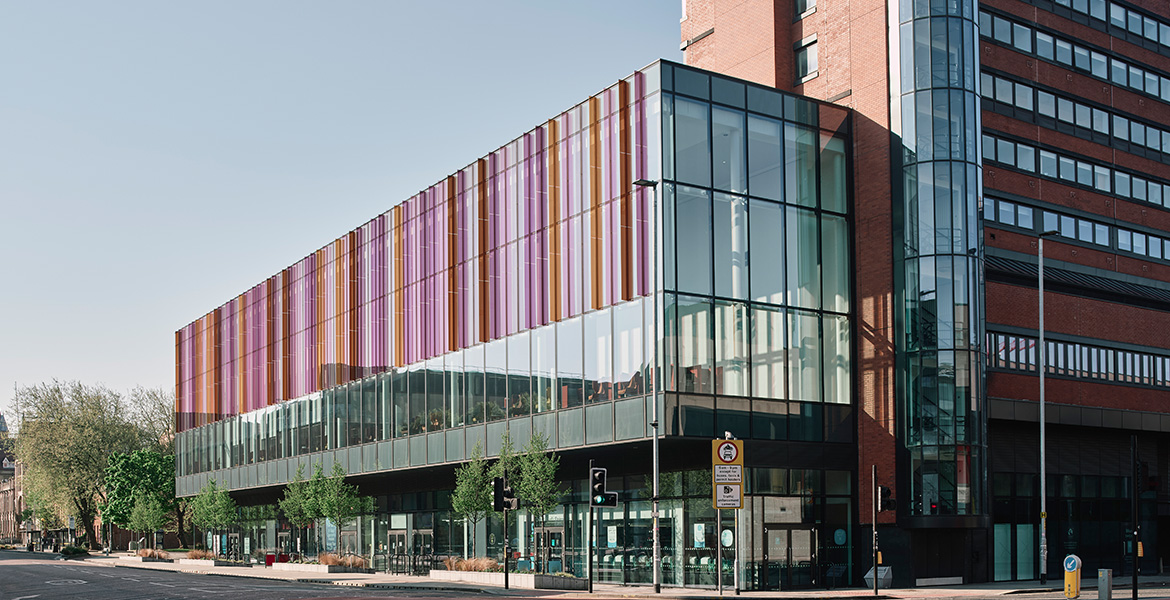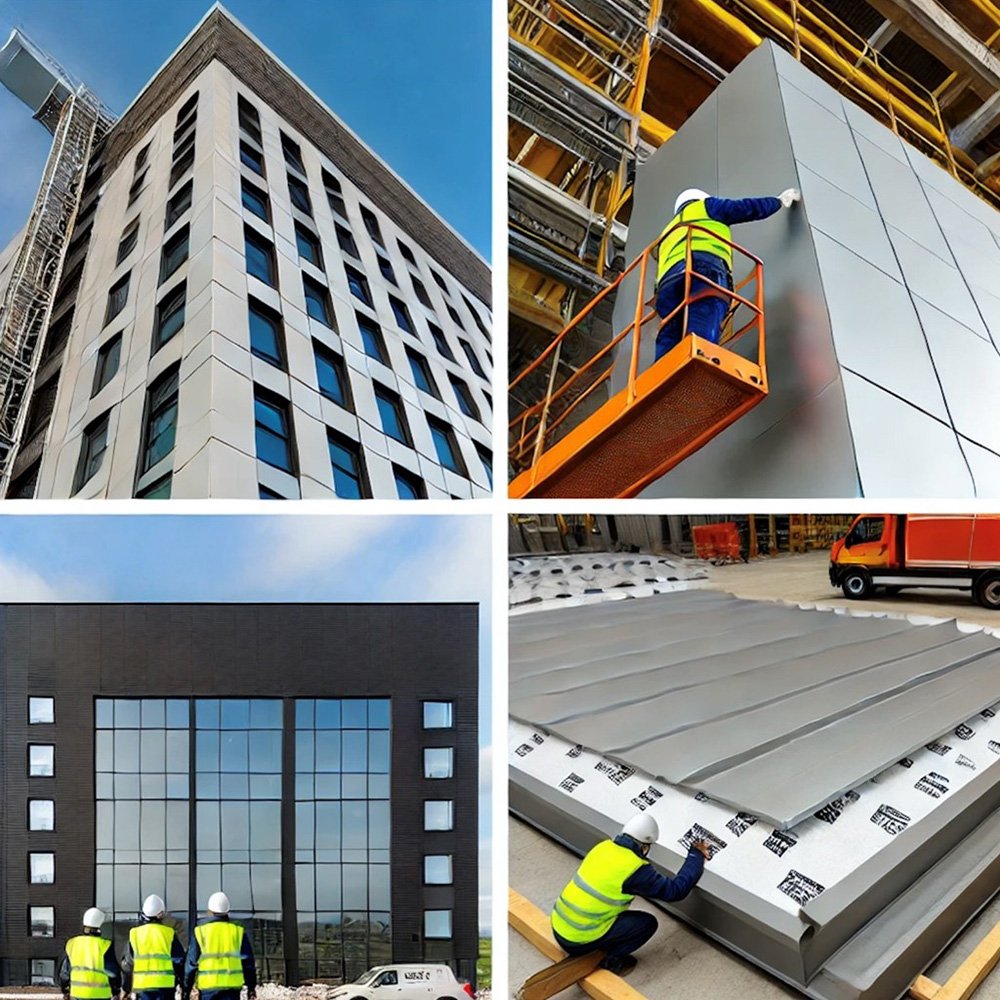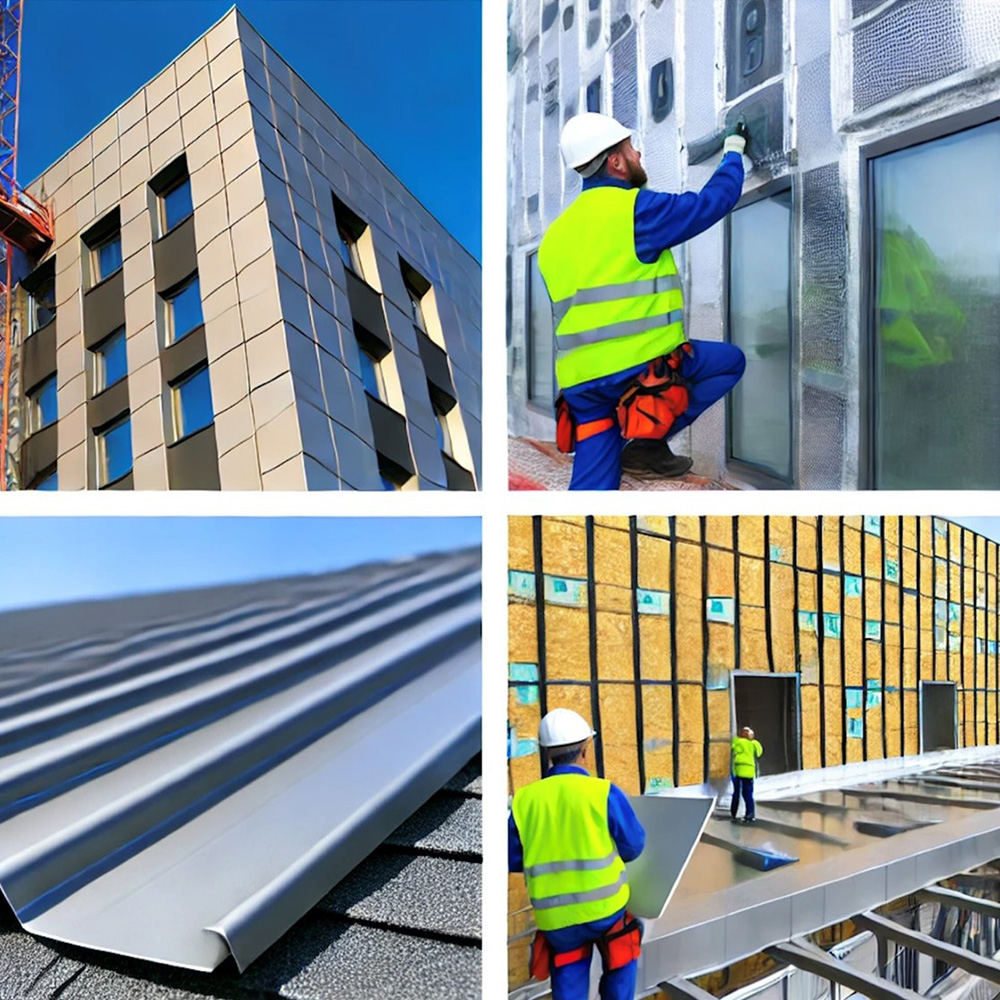
The building envelope industry is evolving rapidly, shaped by trends prioritizing sustainability, resilience, and efficiency. With buildings aging worldwide, the demand for retrofitting and energy-efficient upgrades has surged. Property owners and developers are increasingly focused on incorporating sustainable materials in construction to reduce energy consumption and enhance building lifespan. Materials like advanced insulation, high-performance glass, and metal cladding now play a crucial role in creating structures that meet modern environmental standards.
Government initiatives, such as the Inflation Reduction Act, have added momentum to these efforts, encouraging companies and property owners to invest in green building practices. As a result, new regulations and incentives are prompting more frequent updates and energy-efficient modifications to existing buildings. Retrofitting has become a popular choice to improve both aesthetic appeal and thermal efficiency, helping property owners reduce utility costs while contributing to eco-friendly practices.
Despite this positive push toward sustainable practices, the industry faces challenges, including a shortage of skilled labor, supply chain disruptions, and rising material costs. These issues create complexities in planning and execution, as companies navigate balancing demand with available resources. However, the industry is adapting, with many firms investing in training and technology to help close the skills gap, while also diversifying their supply chains to remain resilient amid global uncertainties.
Mergers and acquisitions are also reshaping the industry as companies seek to expand service offerings and strengthen their market positions. For example, firms specializing in single services, such as cladding or roofing, are merging with companies offering broader building envelope solutions. This consolidation helps firms cater to a diverse range of client needs while positioning themselves as comprehensive providers in the increasingly complex construction landscape. As Becknick Construction grows, these trends highlight the importance of adaptability and quality in providing sustainable, efficient building envelope solutions.


